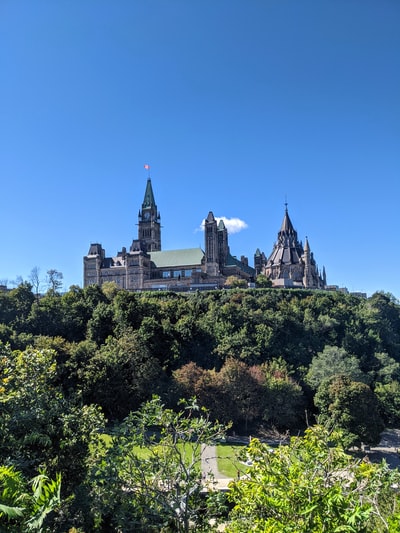Creation of a Constitution
The majority of members of the new National Assembly wanted to create a solid democracy. To do this they needed to create a Constitution – the document that sets down the rules for how the country’s political system works.
There were some definite plus points to the system they created:
* Germany would have a democratically elected President and democratically elected Reichstag (more or less equivalent to the House of Commons). The President’s job was to oversee the system was run properly, while a government formed in the Reichstag made the laws that ran the country, which had to be approved by a majority of members of the Reichstag. This was all very democratic – the opposite of a powerful Kaiser!
* It gave voting rights to adult (20 years old) men and women – the vast majority of other countries did not let so many people vote.
* German citizens were given lots of freedoms, such as freedom of speech and legal equality for all
However, the Weimar system also had some serious weaknesses (although it would only become clear that they were weaknesses when it was too late)
* The voting system encouraged there to be lots of tiny parties, instead of just a couple of bigger parties, like we have in the UK, the US and some European countries now. This was partly because people voted for a party instead of a person, but also because German society was also very split throughout the 1920s. The result of all this was that there were too many parties for it to be possible to form stable governments that had a majority in the Reichstag. And without a government, getting anything done is difficult.
* Under Article 48 (ie. the 48th point) of the Constitution, the President was given special powers to rule by decree (ie. what he said was the law) in cases of national emergency. The idea was that he could take control in a crisis to save the Republic. But crucially there was nothing to guarantee that he would use the power in this way, and also no definition of exactly what sort of situations the power could be used in. As we’ll see, years later Hitler was able to exploit Article 48 to destroy the Republic.
